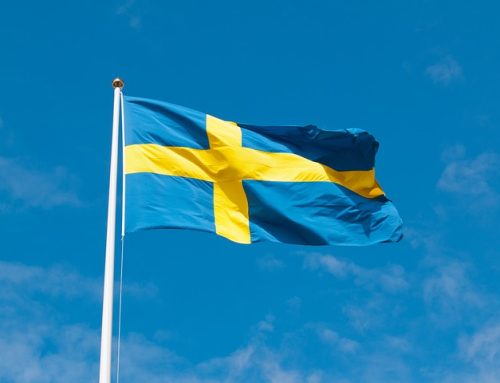February 6, 2023
J.P.Morgan Global Composite PMI™
Global economic activity fell again in January. However, the start of the year also provided signs that the downturn may have passed its nadir. Declines in output and new orders were the weakest during their respective six-month sequences of contraction and moved closer to stabilisation. Business optimism meanwhile rose to an eight-month high, as companies’ forecast growth (on average) for the coming year.
The J.P.Morgan Global Composite Output Index – produced by J.P.Morgan and S&P Global in association with ISM and IFPSM – posted 49.8 in January, up from 48.2 in December, a level only a few pips below the no-change mark of 50.0. The downturn in manufacturing production eased, while service sector activity ticked higher following a three-month sequence of contraction.
Two out of the six sub-sectors covered by the survey registered expansions of output during January – business services and consumer goods. Activity contracted in the consumer services, financial services, intermediate goods and investment goods categories, among which the steepest rate of decline was seen in financial services. Data broken down by nation signalled that the main pockets of growth were located in Asia. China and Japan both returned to expansion following recent downturns, while India again recorded the strongest rate of growth of the nations covered.
The euro area also registered an increase in economic activity – albeit only marginal – as expansions in Italy, Spain and Ireland offset declines in the big-two of Germany and France. The US, UK, Russia, Australia and Kazakhstan all saw output decrease.
The level of incoming new business moved closer to stabilising at the start of the year, as a modest rebound at service providers was offset by the ongoing downturn in manufacturing. The trend in international trade flows remained negative, with new export work falling for the eleventh consecutive month.
January saw a further mild increase in employment, with slight gains in workforce numbers signalled at both manufacturers and service providers alike. Job creation was seen in the US, the euro area, India and Australia, in contrast to cuts in China, Japan, Brazil, Russia and Kazakhstan. The UK saw no change in employee numbers.
After easing in the prior eight months, January saw average input prices rise at a faster pace. Rates of increase picked up in both the manufacturing and service sectors, with the steeper inflation again signalled in the latter. Output prices meanwhile rose to the least marked extent in almost two years.
Business optimism continued to revive in January. The overall degree of confidence hit an eight-month, following a seven-month sequence below its long-run average. Positive sentiment improved in both the manufacturing and service sectors.
The J.P.Morgan Global Services Business Activity Index rose to 50.1 in January, from 48.1 in December, to signal an increase (albeit only slight) in output for the first time since July 2022. The index was supported by renewed growth in China and the euro area, sustained expansions in Japan, Brazil and India and a softening in the rate of contraction in the US.
Incoming new business also rose for the first time in four months, despite the ongoing downturn in new export orders. Employment also edged up, with the rate of increase a threemonth high. Input cost inflation accelerated, in contrast to a further easing in the rate of increase in output charges. Business optimism rose to an eight-month high.
Source: J.P.Morgan Global Composite PMI™ release
Legal Notice: The information in this article is intended for information purposes only. It is not intended for professional information purposes specific to a person or an institution. Every institution has different requirements because of its own circumstances even though they bear a resemblance to each other. Consequently, it is your interest to consult on an expert before taking a decision based on information stated in this article and putting into practice. Neither Karen Audit nor related person or institutions are not responsible for any damages or losses that might occur in consequence of the use of the information in this article by private or formal, real or legal person and institutions.






